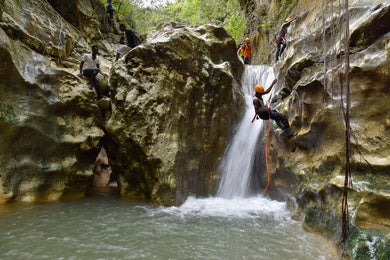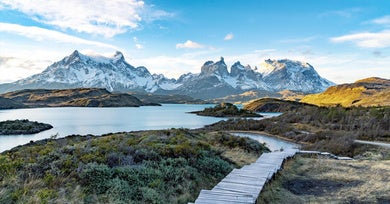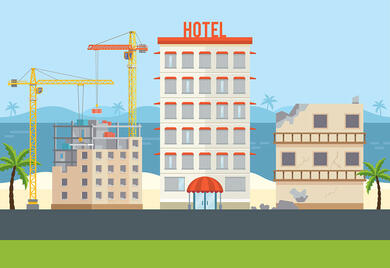
How Responsible Investments Can Empower Young Women and Girls in Miches While Boosting Tourism
In partnership with Fundación Tropicalia, IDB Invest fosters a more inclusive and sustainable growth path in the Dominican Republic by focusing on their untapped potential.

Holidays 2.0: How Technology is Shaping the Future of Tourism in Latin America and the Caribbean
Latin America and the Caribbean is a region greatly abundant in natural and cultural resources, with a huge potential to become a global benchmark in the tourism industry, driving economic growth and quality job creation in the region. Despite some setbacks, new customer behaviors and, especially, technology breakthroughs have brought about new opportunities for the industry.

Boosting Sustainable Tourism to Promote Land Conservation
Sustainable tourism helps to finance land conservation efforts while preserving natural ecosystems. A recent initiative in Chile’s Torres del Paine national park is a great example of this.

Food Waste is on the Menu as the Hospitality Sector Rebuilds
The drastic disruption in tourism activity due to the pandemic offers an opportunity to consider food waste management as a way to improve operating margins and redirect the sector’s path towards a more sustainable future.

Three keys for supporting Caribbean tourism after natural disasters
For the tourism sector, the second most important source of employment in the region, there will be a period of inactivity estimated to last between three to four months. This could reduce the sector’s revenue by as much as 50%, according to the World Travel and Tourism Council.

Sahara Dust Storms in the Caribbean, a Hazard For Both Humans and Coral Reefs
Saharan dust plumes are ramping up over the Caribbean region, creating health hazards that are particularly dangerous for those with their health compromised by COVID-19 or other problems. This is clear evidence that the region is not isolated from the effects of climate change elsewhere.